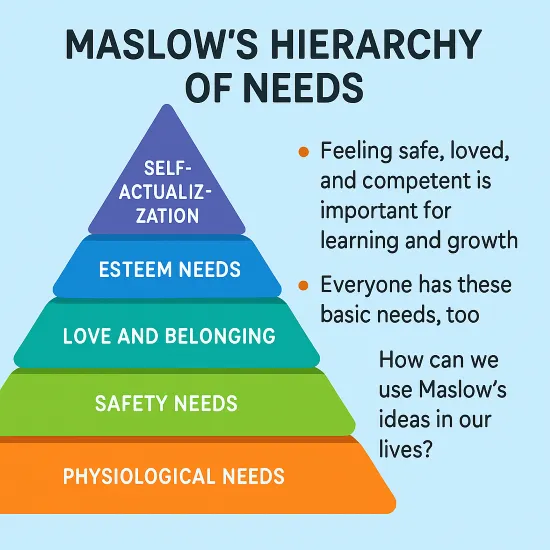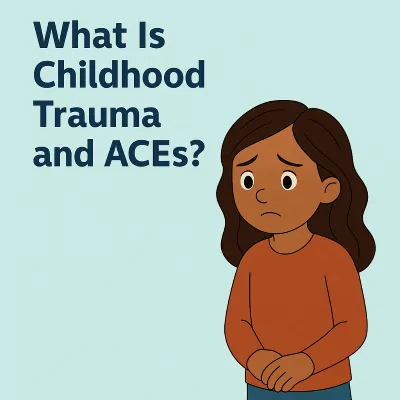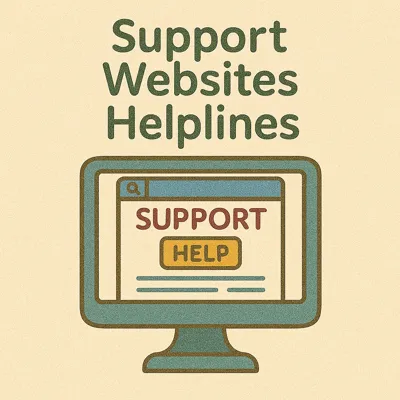What is SEMH?
- Like your emotions are all over the place
- That it's hard to make or keep mates
- Or you often feel sad, worried, angry, or like you don’t belong...
Why do some kids feel this way?
- Things at home don’t feel safe or calm
- You've been bullied or hurt
- You feel lonely or have loads of big worries
- You didn’t get the love, attention or support you needed growing up
What does SEMH look like?
Everyone shows their feelings in different ways, but if SEMH is something you're dealing with, you might:
- Feel anxious, upset, angry or on edge most of the time
- Get angry really quickly or feel like crying for no reason
- Find it hard to trust people or feel close to others
- Feel like you don’t fit in or want to hide from the world
- Worry so much it makes your tummy hurt or your mind feel stuck
You’re not “bad” or “naughty”, your brain and body are trying to deal with big stuff.
Why school can feel extra hard
When you’ve got a lot going on inside, it’s hard to focus, sit still, or even want to go to school. You might fall behind or feel like school just isn’t for you. But that doesn’t mean you can’t do well; it just means you need the right kind of support.
Ways to feel stronger and get support
Here’s the good news: with the right help, things can get better. You can feel calmer, more in control, and even start to enjoy school and life again. Here’s how:
💬 1. Learn about feelings
Use feeling charts, games or even memes to understand your moods. Knowing the names for your emotions helps you handle them.
👍 2. Get support that feels kind
Having people cheer you on: teachers, parents, support workers can make a massive difference. Clear rules + kind words = you feeling safer.
👫 3. Hang out with people who get you
Spending time with mates or grown-ups who actually listen and care can help you feel more secure.
🧘♀️ 4. Try calm-down tools
Breathing slowly, chilling in a quiet spot, or squeezing a stress toy can help your body calm down when things feel too much.
📅 5. Stick to routines
Knowing what’s coming up, like what lesson’s next or what’s for lunch helps your brain chill out.
🎭 6. Practise social skills
Try acting out tricky stuff, like joining a game or saying sorry with someone safe first. It helps when the real moment comes.
🧠 7. Talk through your thoughts
If your brain keeps telling you unhelpful stuff (like “I’m rubbish” or “Everyone hates me”), talk it out with someone who can help you see things differently.
🏃♂️ 8. Move your body
Jump, stretch, dance, run, whatever works for you. Moving your body can shake off stress.
👩🏫 9. Work with helpful adults
Sometimes, having a chat with a school counsellor, therapist or support worker can really help. They’re trained to listen and support without judging.
Why it matters
When SEMH is ignored, kids can end up feeling:
- Like they’ll never catch up in school
- Lonely or unsafe
- Stuck in constant worry or anger
However, when you receive the right help and have people around you who genuinely care, things begin to shift. You can:
- Understand yourself better
- Build stronger friendships
- Feel proud of how far you’ve come
TL;DR (Too Long; Didn’t Read 😉)
- SEMH is all about how you feel inside, how you interact with others, and your mental well-being.
- It’s not your fault if you struggle; you deserve support.
- With the right tools and people, you can feel stronger, happier and more understood.


